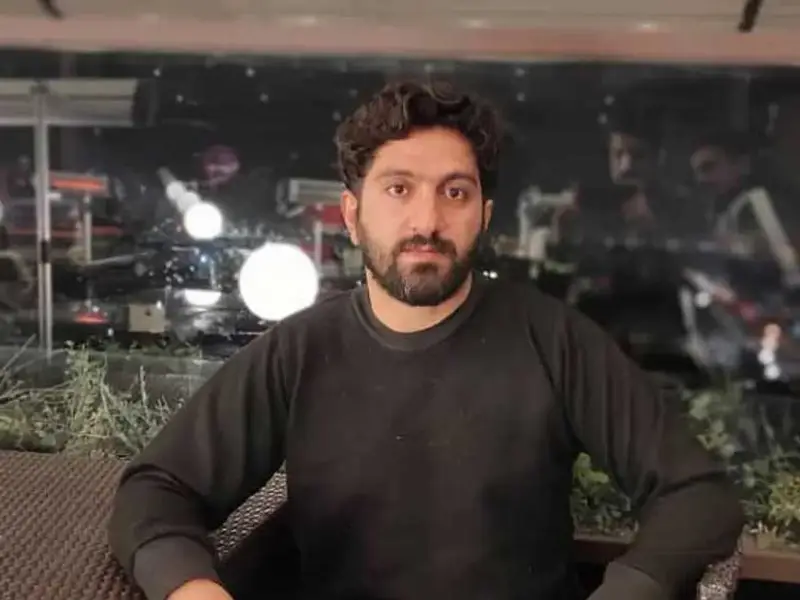Amidst mounting concerns over the fate of detained protester Reza Rasaei, Amnesty International issued a warning to Iranian authorities regarding his imminent execution.
Rasaei, who denies any involvement, faces the specter of death following his conviction in connection with the killing of an agent during a protest in Kermanshah province, on November 18, 2022.
The Iranian state media identified the agent as a member of the Revolutionary Guard, further complicating Rasaei's case. In addition to the disputed murder charge, Rasaei has been sentenced to one year in prison and 74 lashes for "disrupting public order."
Emphasizing the grave injustice surrounding Rasaei's trial, Amnesty International has called for immediate action from the Iranian regime. The organization asserts that Rasaei's death sentence was handed down following a severely unfair trial, marked by coerced confessions.
In a statement issued on Friday, Amnesty urged Iranian authorities to “immediately halt any plans to carry out Rasaei’s execution and quash his conviction and death sentence and release him unless he is charged with an internationally recognizable criminal offence and is given a fair retrial without recourse to the death penalty excluding torture-tainted confessions.”
The statement further implored Iranian authorities to ensure his access to his family, legal representation, and adequate medical care. Additionally, Amnesty called for measures to protect Rasaei from further torture or ill-treatment and urged an investigation into his allegations of torture, with perpetrators brought to justice through fair trials.
Rasaei's case highlights broader issues facing Iran's marginalized Kurdish and Yarsan ethnic and religious minorities. Yarsan adherents, including Rasaei, have faced ongoing challenges, including difficulties in registering their religious affiliation, restrictions on constructing places of worship, and fears of persecution for practicing their faith.

